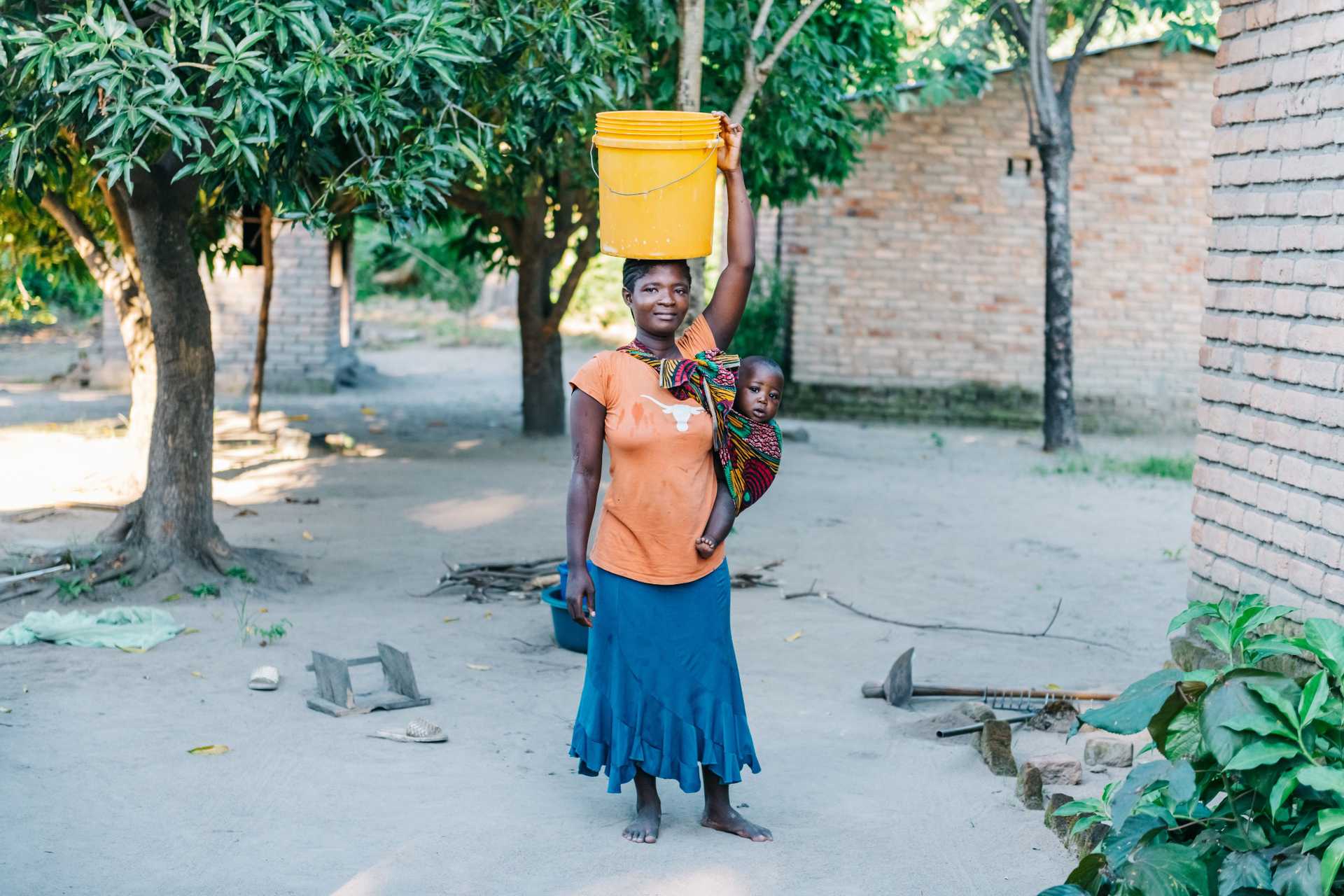Addressing Female Genital Schistosomiasis: integration with HIV and SRHR is vital
Avert’s CEO, Sarah Hand, explains the importance of integrating FGS with HIV and SRHR, and how Avert is taking action
Avert’s CEO, Sarah Hand, explains the importance of integrating FGS with HIV and SRHR, and how Avert is taking action
Published on 27 July 2022
Female genital schistosomiasis (FGS) impacts the health and well-being of 56 million women and girls in affected areas across Africa. FGS is a preventable and treatable neglected tropical disease which increases the risk of serious reproductive health issues, including HIV and infertility, among the poorest women and girls. As a member of the FGS Integration Group (FIG); Avert is taking action and calling for an integrated response to HIV, cervical cancer and FGS.
The need for a unified and determined approach is undeniable. FGS, a manifestation of schistosomiasis, is a waterborne neglected tropical disease of poverty affecting African women and girls. Yet FGS remains underreported, under- and misdiagnosed and largely untreated.
FGS is in itself an indicator of poverty because it affects women and girls who lack access to safe clean water, adequate sanitation and functioning health services. Early signs of FGS include swellings or ulcerations of the vulva and vagina, genital bleeding, and pain. As a result, it is often treated as a sexual transmitted infection. Untreated FGS can gradually evolve towards reproductive organ damage characterized by sub- or infertility, ectopic pregnancy, spontaneous abortion, premature birth and low birth weight. Furthermore, there is growing evidence on the links between FGS and HIV and HPV vulnerability, in high prevalence areas.
This suffering is avoidable: FGS is both preventable, through access to safe water, and treatable with an affordable and effective drug (praziquantel, the drug that also prevents schistosomiasis). When provided regularly as a part of mass drug administration, to young women and girls it prevents the evolution of more serious SRH consequences when they are older. Yet lack of awareness, poor progress in ensuring a safe water supply for all and weak health systems hinder progress. African girls and women face multiple and intersecting health, social, cultural and economic challenges. Our current failures to systematically address the prevention, diagnosis and treatment of FGS only adds to these challenges. An integrated response would ensure they have universal access to health, Sexual and Reproductive Health (SRH) and HIV services.
Avert was one of the founder members of FIG because we recognise the vital importance of health literacy in addressing FGS, along with the need for better sector integration. Communities affected need the knowledge, skills and confidence to take action to identify their risk to and prevent FGS, to get access to treatment, and to get further support if needed. Community health workers and frontline practitioners need to be aware of FGS and the importance of integrated support across health and water and sanitation including HIV, cervical cancer, and reproductive health. We have the platforms to reach those who need to know, including our website and social media brand Be in the KNOW; and Boost, our on-the-job digital resource for Community Health Workers.
At the upcoming AIDS2022 conference in Montreal, Avert is one of the FIG co-hosts for two events, please join us if you can:
FIG is co-led by Frontline AIDS and Bridges to Development, with core members LVCT Health, SCI Foundation, Avert, Sightsavers and the Global Schistosomiasis Alliance.
E. F. Kjetland, P. D. Ndhlovu, T. Mduluza et al., “Simple clinical manifestations of genital schistosoma haematobium infection in rural Zimbabwean women,” The American Journal of Tropical Medicine and Hygiene, vol. 72, no. 3, pp. 311–319, 2005
UNAIDS 2019 “No More Neglect: Integrating sexual and reproductive health interventions to improve women’s lives”
Photo credit: iStock/golero. Photos are used for illustrative purposes. They do not imply health status or behaviour.
